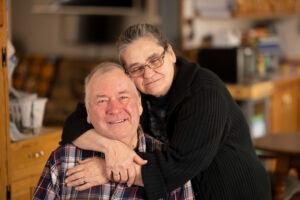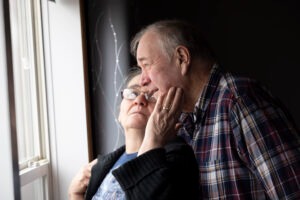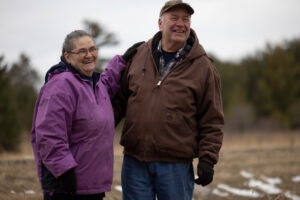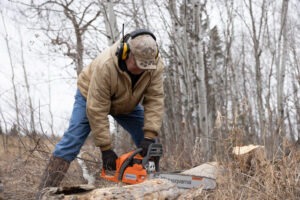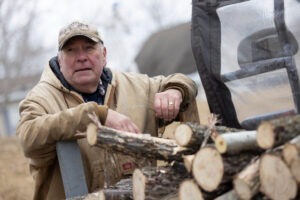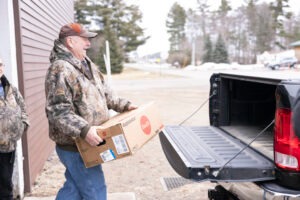When COVID-19 hit Wayne Plekkenpol, the fever knocked him down. Then a ventilator and sedation knocked him out. Three weeks later, he woke up needing oxygen and assistance to sit up, stand and walk ahead ten paces. “I don’t remember it,” the 68-year-old says about his initial hospital stay in an intensive care unit. His wife, Linda, does. She took him to an Aitkin emergency room near their rural Minnesota home on October 18, 2020. Two days later, on the couple’s 48th wedding anniversary, Wayne was transferred to St. Mary’s Medical Center in Duluth, where he received platelet infusions and spent the next 19 days sedated on a ventilator. He survived. But the ravages of the coronavirus had left him struggling.
“We help people who’ve gone through the worst medical or traumatic events of their lives to regain some independence.”
—Chris Thorson, Rehabilitation Manager
Over the course of the next two months, he slowly got back up—and back to breathing, walking, and living a full life—with the steady help of a dedicated team of rehabilitation specialists at the Miller-Dwan Inpatient Rehabilitation Center.
“I couldn’t tell you enough nice things about the staff. They treated me like I was the only one there, and the place was full of patients,” Wayne says. “Other patients I spoke with said the same: everyone from the caregivers to people picking up trash were just so nice.”
A team of physical and occupational therapists, speech therapists, psychologists, nurses and doctors helped Wayne take baby steps to rebuilding lung function and relearning how to use his body in ways he’d previously taken for granted.
“They did more than just take care of you. They wanted to make sure you were doing it right,” Wayne says. “The different departments talked with each other, they watched out for you to make sure you were making progress.”
Disease has a way of making everyday tasks feel challenging and rewarding. Wayne says it took him 20 minutes to stack 14 cans and boxes on a high shelf the first time he tried it in therapy, but that got easier as the action stretched his lungs in new ways.
Certain machines also helped him make faster strides in regaining strength, heart-lung capacity and mobility—like the NuStep recumbent cross-trainer, funded by Miller-Dwan Foundation, and a car transfer simulator. “That was a game changer,” Linda says, “because it prepared Wayne to be able to get in and out of the family’s truck. Without that ability, traveling anywhere—including to medical appointments—would have been a problem.”
“They have the right stuff there to get you back on your feet,” Linda says. “Everyone there is awesome. They have great communication. They’re very kind, honest and explain things if you can’t understand. I can’t thank them enough for taking care of him.”
Wayne says he’d never been sick before, and never realized all of this was so close to home. “If I’d have been anywhere else, I couldn’t have gotten that kind of care and the things I needed to get better so fast.” As one of the most highly regarded sources of inpatient rehabilitative care in Minnesota and in the nation, Miller-Dwan Inpatient Rehabilitation Center helps hundreds of adults and children from across the region each year. In 2020, the team had to quickly adjust by learning to treat COVID patients like Wayne. He was among a handful of patients, and perhaps the region’s first, to need such intensive and ongoing rehabilitative care for the disease, staff say.
The pandemic prompted the team to dive into new research as patient needs evolved. And it galvanized the staff of 100+ in many ways, says rehabilitation manager Chris Thorson, even though they were busier than ever before. That’s because more people were referred for traditional needs like recovering from stroke, brain and spinal cord injuries, and other serious medical events.
“We help people who’ve gone through the worst medical or traumatic events of their lives to regain some independence,” says Thorson. “It’s for people who don’t know what life is going to be like. And we try to give them some hope and a chance to get back to their lives.” Dealing with coronavirus’ impact on patients reflects the kind of ongoing adjustments the team has to routinely make. And they know Miller-Dwan Foundation has their backs—both for supporting patient care and those who provide it.
